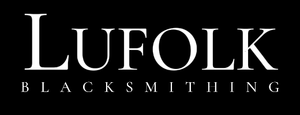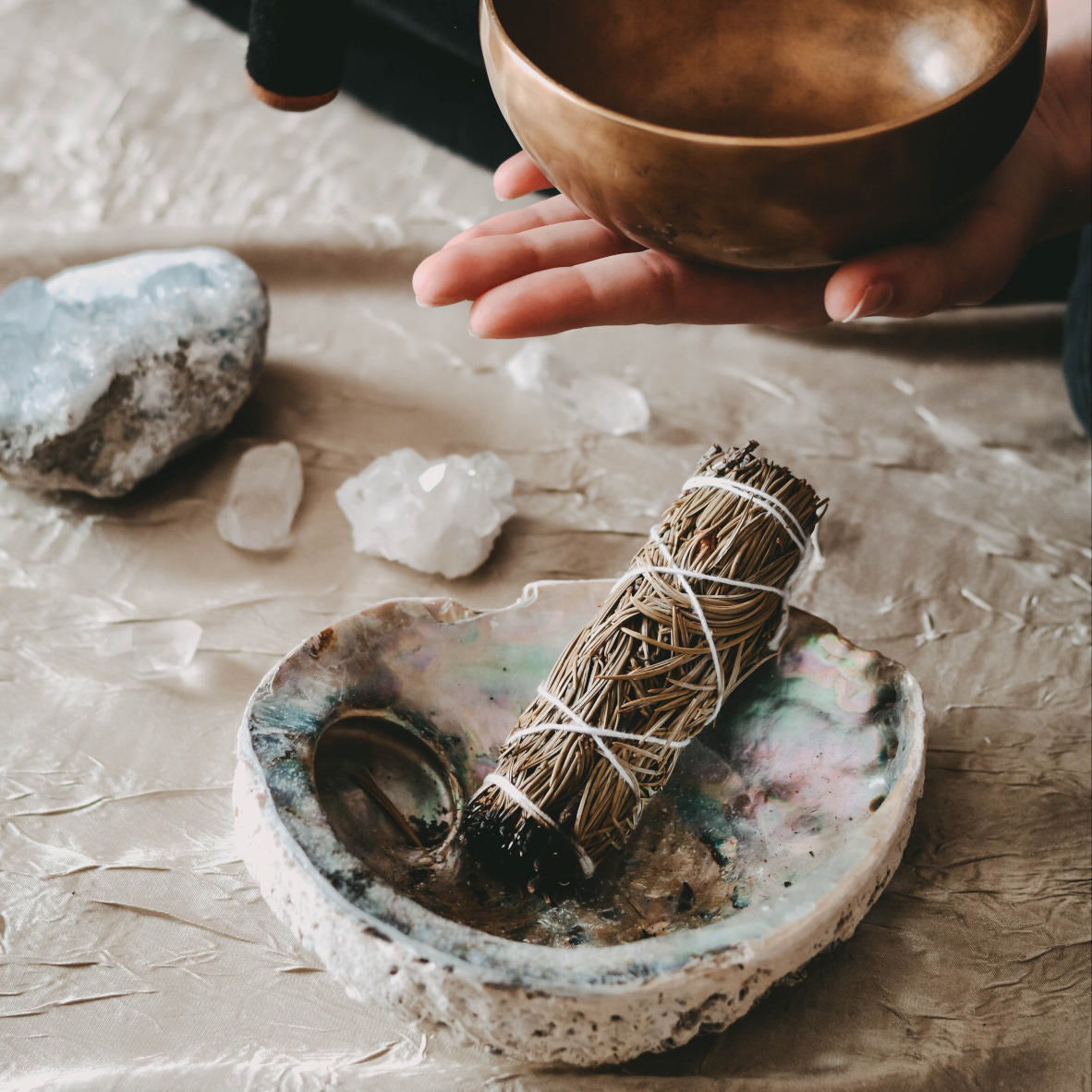4 min read
Introduction
Wicca was first formally organized in the 1940s and the 1950s when Gerald Gardner and others formed what would become today's Wiccan traditions. These days there are many paths to Wiccan spirituality—from old-school covens to solitary practitioners following their enigmatic way—but all of them practice rituals that celebrate the Earth's cycles, use spells and incantations to bring about change in their lives, and consider themselves part of a larger community of like-minded folks who share their beliefs.
Wicca is an exceedingly diverse religion, but it shares some basic principles
Wicca is a polytheistic, nature-based religion that honors both male and female divinities. Wiccans believe in the sanctity of life and honor the divine in all living things. They use magic to manifest positive change in their lives and the world around them.
Wiccans build rituals around the cycles of nature and the seasons, including the new and full moons. Wiccans also follow the “Wheel of the Year”, which is a cycle that follows the phases of nature. It is divided into eight segments, each named for a significant holiday in the Witches' calendar: Yule, Imbolc, Ostara, Beltane, Litha, Lammas, Mabon, and Samhain.
Each segment represents a different time of year in the Northern Hemisphere. The Wheel begins at Yule with the winter solstice and ends with Samhain at the end of autumn. The Wheel is also referred to as "The Great Circle," because it's made up of eight smaller cycles within itself (each segment has a name).
Magic is an integral part of Wiccan beliefs and teachings
Magic is an integral part of Wiccan beliefs and teachings. It's not just about the practice of spells, but also a way to explore the unseen world.
Wiccans use magic for healing themselves, their loved ones, and others; improving their lives; find love; changing their circumstances for the better; exploring their spiritual sides by learning more about themselves and others; helping others find happiness in life through positive energy sent out into the world by them (magically-speaking); and many other reasons as well.
There are many misconceptions about Wicca
There are so many misconceptions about this beautiful, earth-based faith. The first one is that Wicca is a new religion. It's not. It's been around for thousands of years— it has simply been called other things further back. Secondly, Wiccans don't run around with brooms on Halloween. Most Wiccans are solitary practitioners and don't dance naked in the forest with others while worshiping the devil (for the record, we do not believe in the Christian "devil"). Wiccans don't sacrifice animals in their rituals. Many Wiccans are vegetarians or vegans because of their beliefs about animal rights!
Wicca is not good or evil, any more than a hammer is good or evil
Wicca is not a religion of good or evil. It is a tool, like a hammer. The hammer can be used for good or harm, but it remains unchanged. Wicca is a way to achieve spiritual growth and understanding, and it can be used for those purposes whether you believe yourself to be good or evil (or somewhere in between).
Don't think too much about what "good" and "evil" mean—they're terms thrown around so often that they've lost their meaning altogether! Instead, focus on why you do what you do: are your actions motivated by compassion? Do they bring joy? By focusing on purpose rather than morality, we can better understand ourselves as individuals instead of judging each other based on personal beliefs alone.
Conclusion
Wicca is a beautiful, magical religion that has been around since ancient times. It has no strict rules or regulations like other religions do, so anyone can practice it! All you need to do is believe in yourself and your abilities—and learn how magic works by studying with others who have done so before you.

